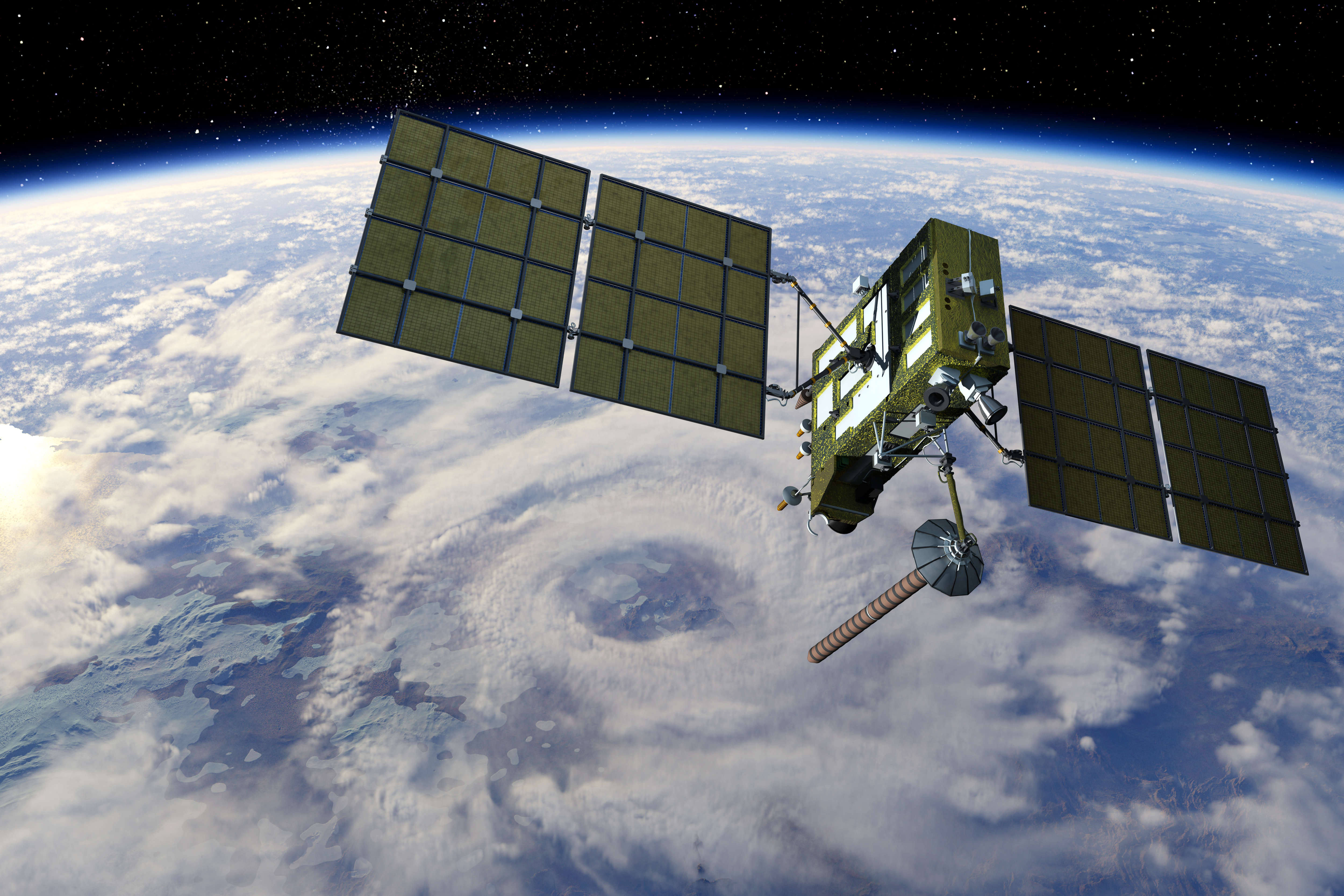
Trouble brewing with the clocks on navigation satellites. I previously mentioned this on 1/24:
1/18 – BBC News – Galileo satellites experiencing multiple clock failures – The EU’s satellite navigation system, called Galileo, is having trouble.
Purpose of system is so European users won’t be vulnerable to accuracy degrades by the US, Russian, or Chinese GPS constellations, should any of those players wish to do so.
There will be 24 satellites in the system when fully deployed, plus a few extra for spares. Currently 18 are in orbit. One is close to complete failure for some other reason.
Now there is a problem with failing clocks.
Each satellite has four atomic clocks, two rubidium and two hydrogen maser. Those give accuracy to within one second per three million years. That level of accuracy is needed to get the most precise location data.
Nine of the hyper accurate clocks have failed in orbit. One sat has 2 failures. That means 8 sats have lost one or more clocks.
No cause is known. To complicate the worry, five maser failures were on early flights and three rubidium failures were on recent flights.
The Indian satellites using the same technology have no failures.
(Those were my previous comments. Should I quote myself when repeating a comment? Nah.)
Last article I will mention says there have been 10 failures.
Um, scratch that last idea.
Disregard that comment that India’s navigation sats are doing fine.
On 1/26, Behind the Black points to the this story at NDTV: India’s Swadeshi GPS Develops A Problem, But Remains Functional – The single atomic clock in one of the seven satellites in the Indian NAVIC (Navigation with India Constellation) has failed, meaning the satellite is non-functioning.
Article says India has spent almost 1,700 crores on the sats. If I understand, that is 1,700 times 10 million rupees, which would be equal to about US$252M. That would be around $36M each.
My previous calculation showed the reported cost of the EU’s navigation satellites are about $252M each.
For a double uh, oh, a commenter at the BtB article points to the next article:
1/19 – Space News – Rash of Galileo clock failures cast doubt on timing of upcoming launches – Article says one company in Switzerland makes the atomic clocks for EU, India, and China. Uh, oh. With no known cause and thus no known prevention, I’ll make a wild guess there will be more failures.
If that report is correct, looks like we can expect to hear of some failures in China’s sats.
Article also says there have been ten failures in the Galileo constellation.
That tally of 10 failures would be one more failure than I’ve read in previous articles.